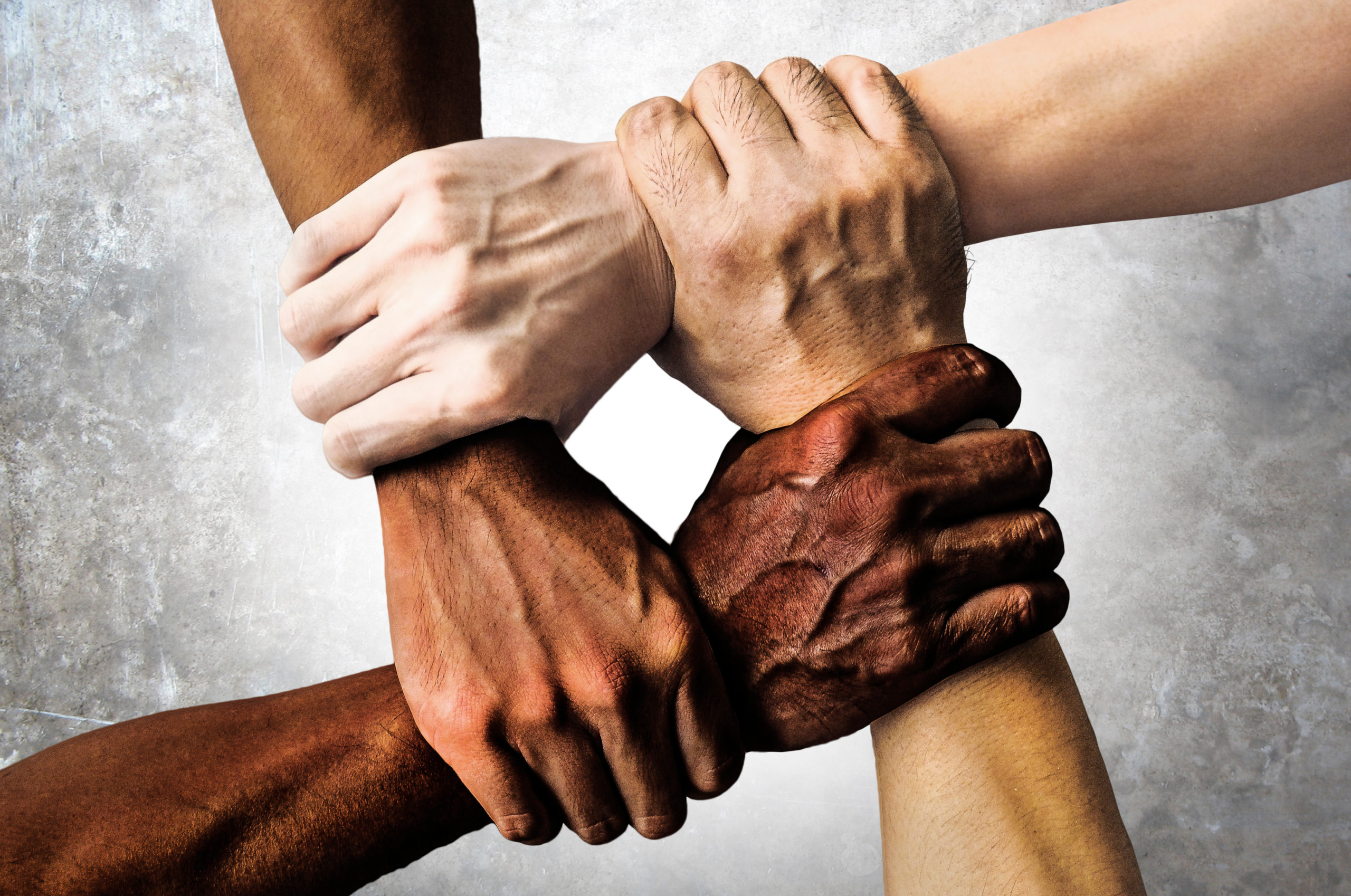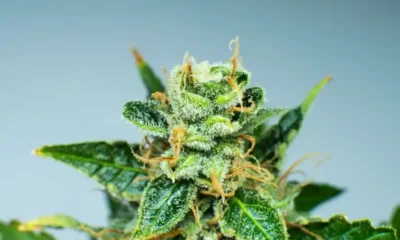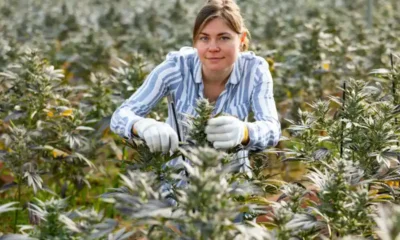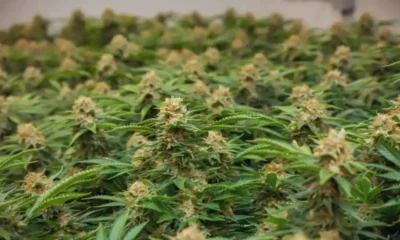Connect with us
Published
2 years agoon

While “social equity” has been on the lips of many legislators as more states increasingly look at cannabis reform, a new study published by the American Medical Association found that, in fact, states that legalize or decriminalize cannabis see “large reductions in race-based arrests among adults” and those who maintain prohibition continue to experience “increases in arrest rate disparities.”
Researchers asked the question, ??”How are statewide cannabis policies associated with cannabis arrest rate racial disparities among adults and youths?” looking at data from 43 states and identifying a clear pattern.
Though the relationship between race and cannabis arrests is historically known, given the forward-facing conversations many leaders are having around cannabis reform, researchers found that ending or loosening laws that criminalize cannabis is linked to significant arrest decreases when comparing states that have maintained prohibition.
They looked at arrests specifically focusing on race-related trends, comparing data from 2008 to 2019. Researchers found that states with legal cannabis saw 561 fewer arrests per 100,000 Black people and 195 fewer arrests for white people on average throughout that time period.
Decriminalization also impacted the numbers, associated with roughly 449 fewer arrests per 100,000 Black people and 117 for white people.
The study concludes that, in contrast, “cannabis arrests for adults and youth increased over time in states that did not implement a cannabis policy change.” Racial disparities in arrests also increased in states that maintained prohibition, while dropping in states embracing cannabis reform.
Researchers noted that the results overall show that states implementing cannabis policy change saw a decrease in arrests, compared to those states with no policy reform, though they noted the timing of trends after implementing reform raises questions about “the generalizability” of these effects in reference to other states.
The study also notes that cannabis arrest data on adolescents indicates young people overall face a lower risk of being arrested under decriminalization versus legalization.
The authors state that the absolute arrest trends have little variance among white and Black youth. They say this isn’t surprising, considering they are still excluded from the legalized, 21-and-older market, though they note, “Still, the need remains for targeted policies to address youth arrests and arrest disparities, as well as continued monitoring of policy effects.”
Regardless, the study confirms what reform activists continue to argue: States with no policy change showed no meaningful change in arrests for white people over time and an increase for Black people, which over time, increases the arrest rate disparity.
“The decrease in possession arrests among decriminalization states coinciding with its implementation suggests that the policy itself is accounting for the change,” the study continued. “While states that implemented legalization were already experiencing marked reductions in arrests before the policy, states with decriminalization show evidence that the policy itself is the most salient impetus of an arrest rate reduction.”
The researchers say the reduction in arrests has important implications when discussing social equity. Policy reform, they say, would reduce or eliminate monetary fines, court appearances, jail time, probation and the associated stigma. They add, along with reform, leaders could and should take steps to remedy cases in which individuals are currently serving time because of possession arrests.
“Therefore, the short-term and long-term social equity effects of cannabis policy reform are widespread and multiplicative. Importantly, results suggest that these benefits will not be seen among states that do not implement any policy reform, as disparities in these states continue to increase,” the researchers added.
They conclude by noting that the results do not ambiguously favor decriminalization or legalization, though the increase in arrest rate disparities in states without either policy “highlight the need for targeted interventions to address racial injustice.”


Congressional Progressive Caucus Says Dems Can Legalize MJ By Winning House, Senate Majorities This November


Cannabis Industry Has 440,000 Full-Time Workers


Federal Register Proposes Adding Fentanyl, Removing MDMA From Drug Testing Panels


Feds File Charges Against Maine Weed Grower After Probe Spanning 20 States


The Cannabis Market Is Booming in Japan


German Authorities to Ban Cannabis Smoking, Vaping at Festivals Including Oktoberfest
